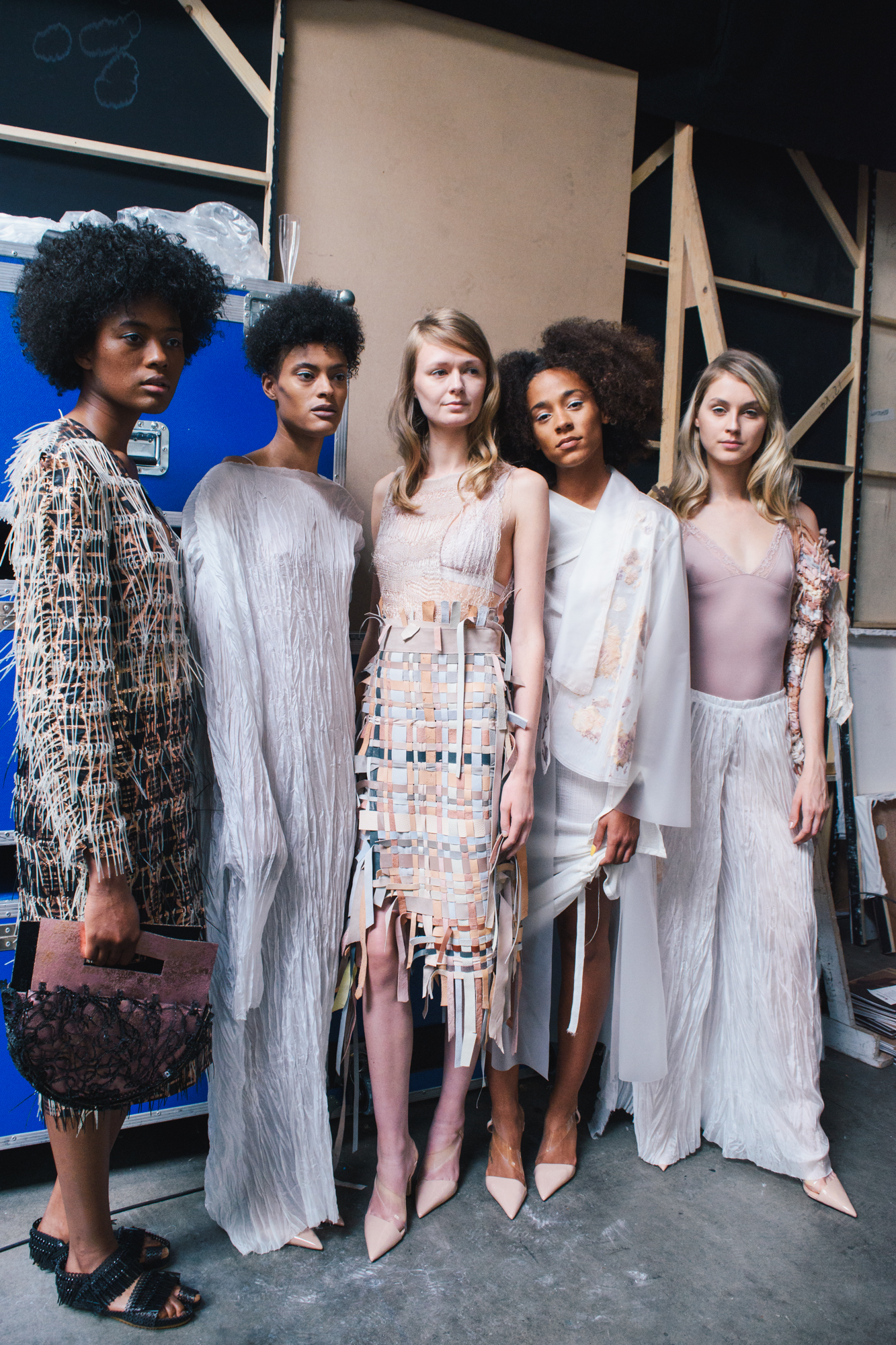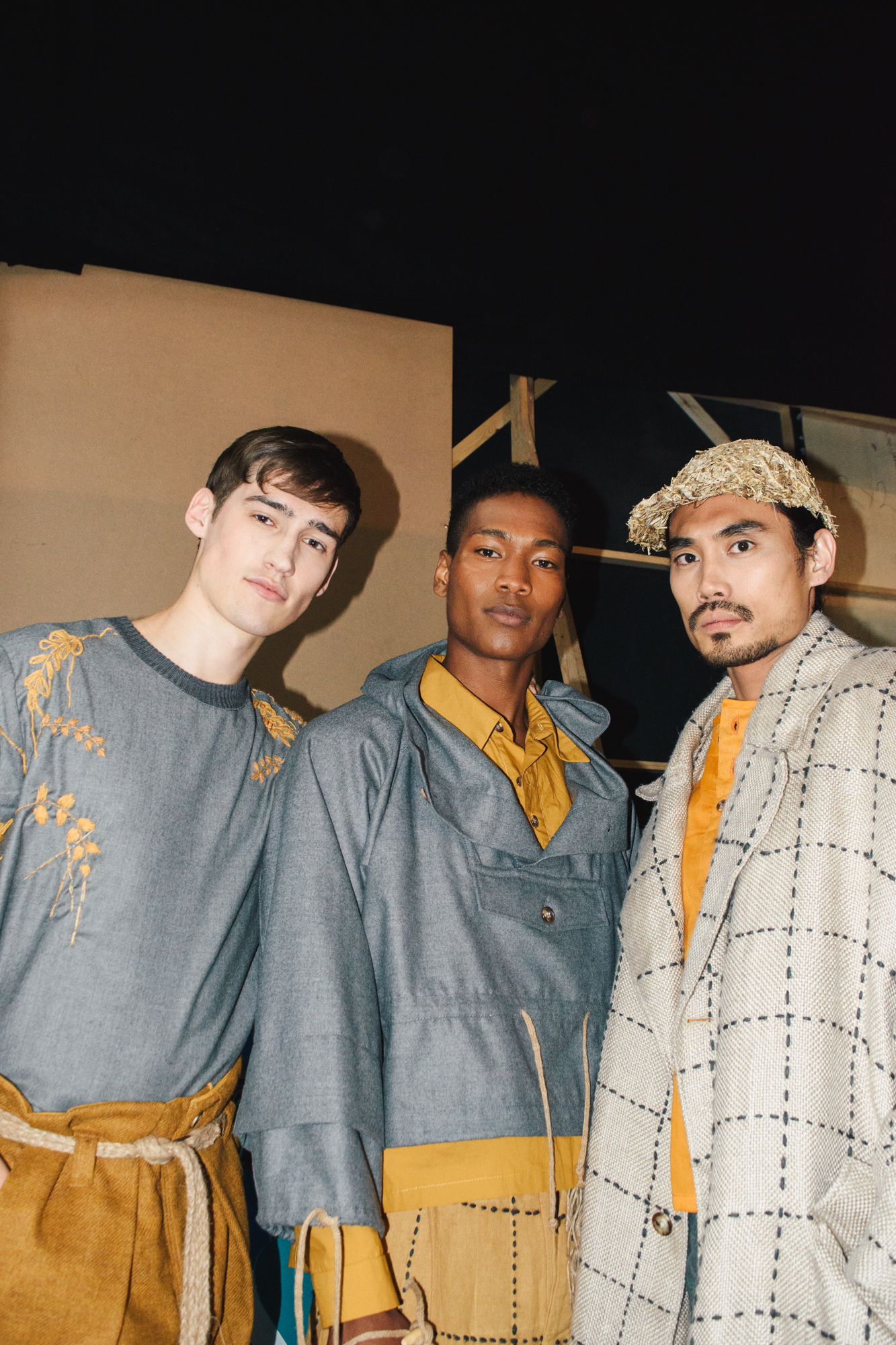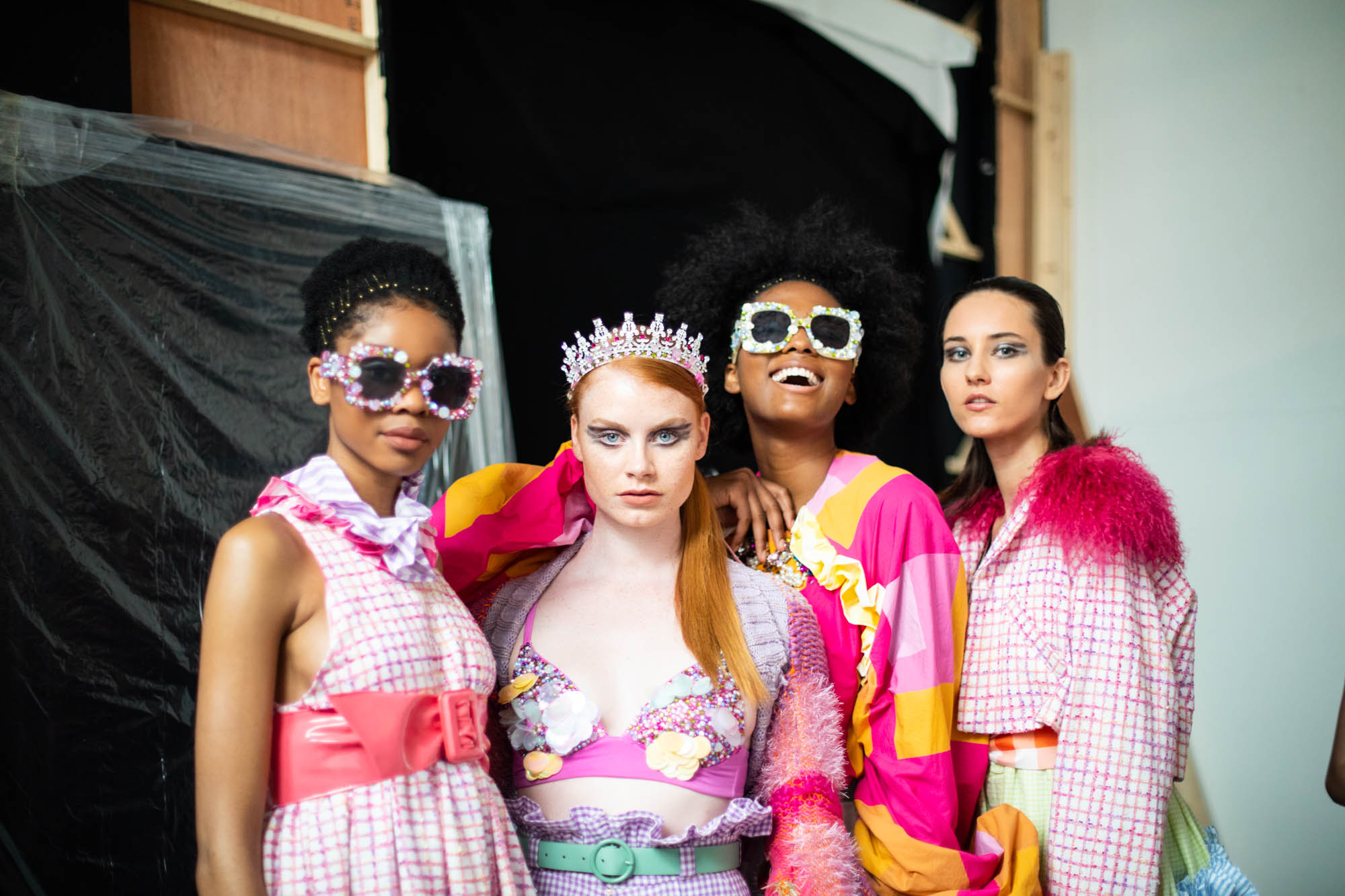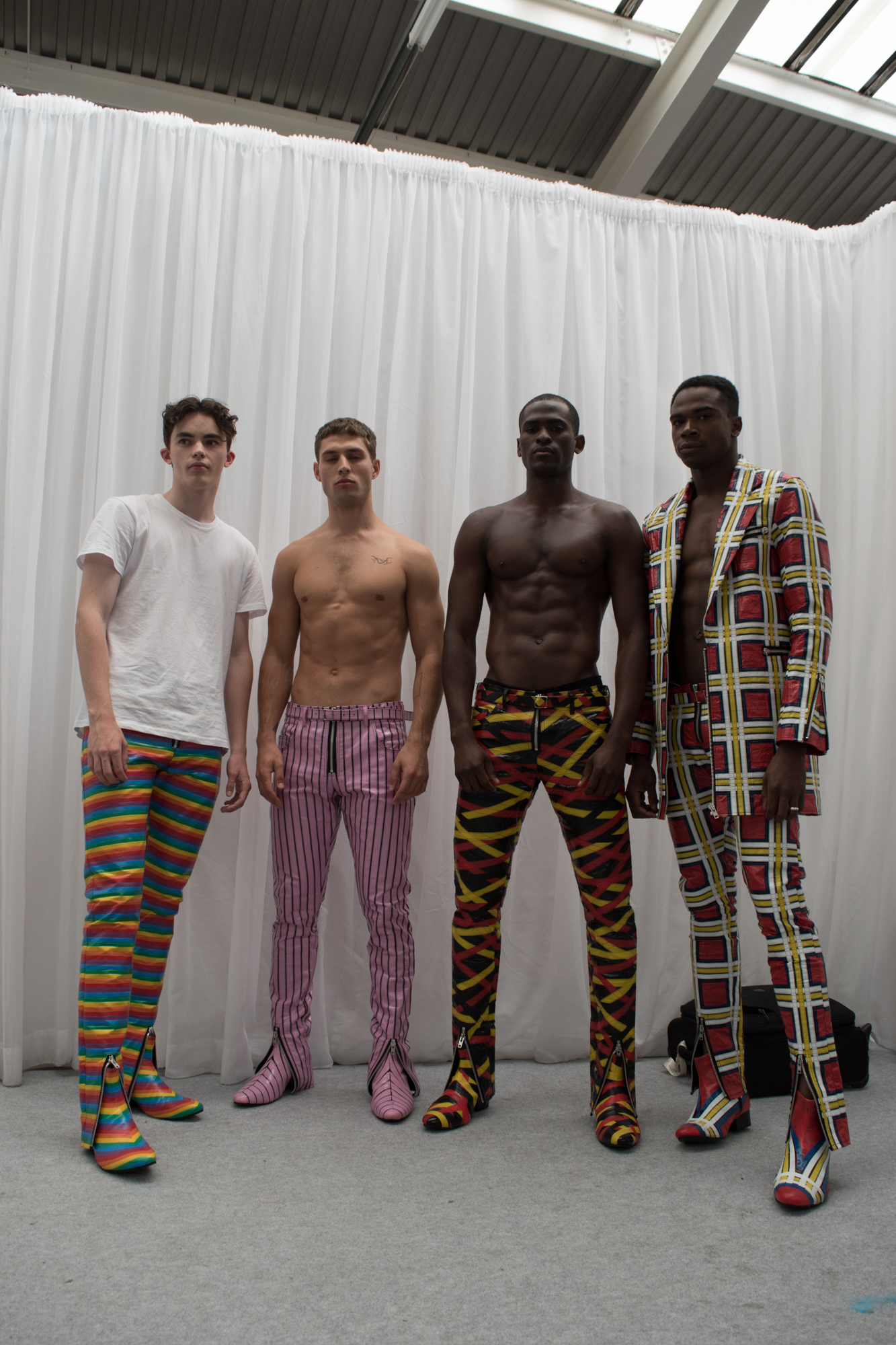We’re pleased to announce that Talent Tin, an industry-first platform which is totally reimagining the fashion process for recruiting freelancers, will be joining GFW19. Connecting fashion brands to the world’s most creative talent, Talent Tin is championing diversity by connecting fashion brands to a hugely diverse network of talent, giving access to some of the freshest creative minds on the planet.
Find Talent Tin’s stand at GFW19 to discover more about joining their platform as a freelancer, and see founder and director of Talent Tin, Shiv Sensarma, at GFW Live Talks!
Below, Shiv shares with GFW his thoughts on why diversity within the industry has become such a pressing issue, and what he believes can be done to solve it.
Talent Tin founder Shiv Sensarma
It’s a truism that creativity is the currency of fashion – there are certainly few other industries in which it is so prized. But the real truth is that fashion is a lot less creative than it thinks it is. And the idea that the mythical imaginations of a select few ‘geniuses’ can deliver enough ideas to fuel an industry as huge as fashion doesn’t stand up to much scrutiny.
Raf Simons cited the fashion’s punishing schedule as his reason for walking away from Dior. Yet, it’s not just relentless pace that is exhausting the industry’s top talent – it’s also a reluctance to embrace meaningful change and introduce fresh minds to the process. Fashion is a £1.34tn business and its existence depends on a continual flow of new ideas. So, it’s an irony that the industry’s approach to generating and protecting creativity is lagging behind much of the wider world.
Ryan Bonici, writing in AdWeek, warns against relying on a single ‘creative genius’, with its ‘rock star’ status that places almost intolerable pressure on one individual and creates a stifling working environment. After all, ideas can come from anywhere and, until brands realise the importance of democratising the creative process and making ideation the preserve of the many, not the few, there’s a real risk of creative stagnation.
Take talent. Limiting the talent pool to the same old hires, with the same world views, acts as an echo chamber and, however creative the individuals, is a recipe for sameness and predictability. There’s a single, powerful cure for this. Diversity. And when fashion introduces new stakeholders into the creative process, with new points of view, the result will be to kickstart new creativity and enhance the empathy essential for brand building, and connecting with today’s world’s truly diverse customer-base.
Diversity can also solve one of fashion’s biggest stumbling blocks - a continual reimagining of a same-y past, presented as original ideas. Fashion legend, Richard Buckley, applauds online critics like Diet Prada calling out copying as it adds to the demand for genuine newness. “I think ‘new’ in fashion is something that intuitively and instantly feels and looks fresh”, he says.
Luke Leitch, Style Editor at 1843, agrees that we’re plugging the creative gap with empty nostalgia, adding, “the longer I spend in fashion, the more I suspect there is nothing new on the runway”. Solving this is more complicated than simply shoe-horning diverse thinkers into the same old culture. The industry urgently needs real change.
The pace of fashion in service of the bottom line is a reality of business today. But in an environment geared towards never putting a foot wrong, there are fewer leaps of faith, less time to dream and almost no freedom to fail. To succeed, creativity needs to be fed and nurtured. After all, in business, new ideas and willingness to take risks and bring in a more diverse range of talent is widely recognised as the difference between growth and flat-lining.
Take today’s most talked-about disruptors, partly responsible for a 5 percent lift in luxury sales in a single year. It’s no coincidence that they also brought much-needed diversity into the industry. Demna Gvasalia was a Georgian refugee, uprooted to Düsseldorf, and his outsider mentality defines his design, his disregard for established schedules and his all-round questioning of the status quo.
“In business, new ideas and willingness to take risks and bring in a more diverse range of talent is widely recognised as the difference between growth and flat-lining.”
Virgil Abloh grew up with Ghanaian parents in the Chicago suburbs, training as an engineer and architect, before joining Kanye West’s creative agency, Donda, on his segue into fashion. Both Gvasalia and Abloh have given the industry a taste of what diversity can bring to the party.
Fashion is extremely good at deification and absorbing originals into the mainstream. What it doesn’t need is a small pool of ‘approved’ disruptors. Instead fashion has to open up to genuine free thinkers, a diverse, ever-changing group of new minds with untapped points of view. Fashion needs to totally rethink the talent pool, create brand-new networks in all roles, and reboot company cultures to bring out the best in everyone.
By Shiv Sensarma








